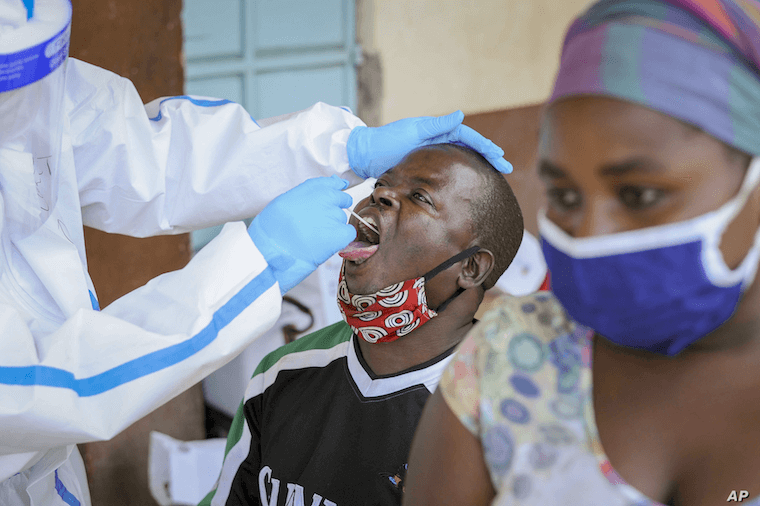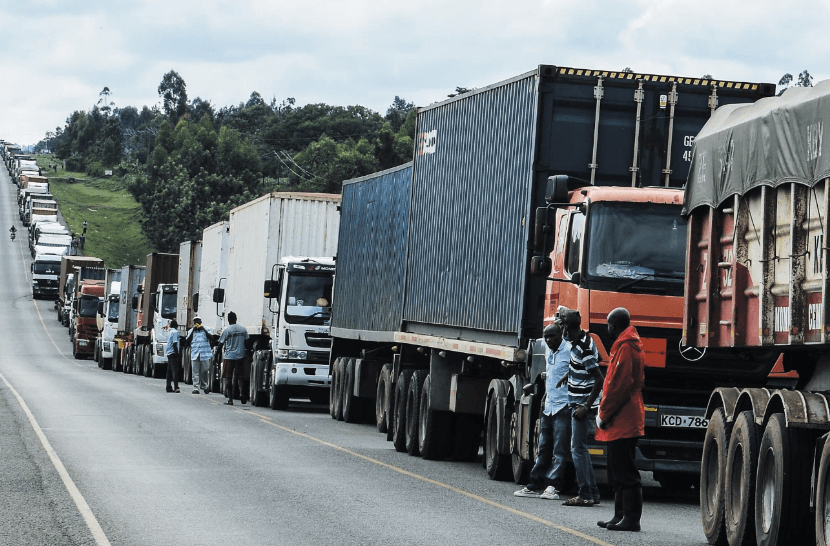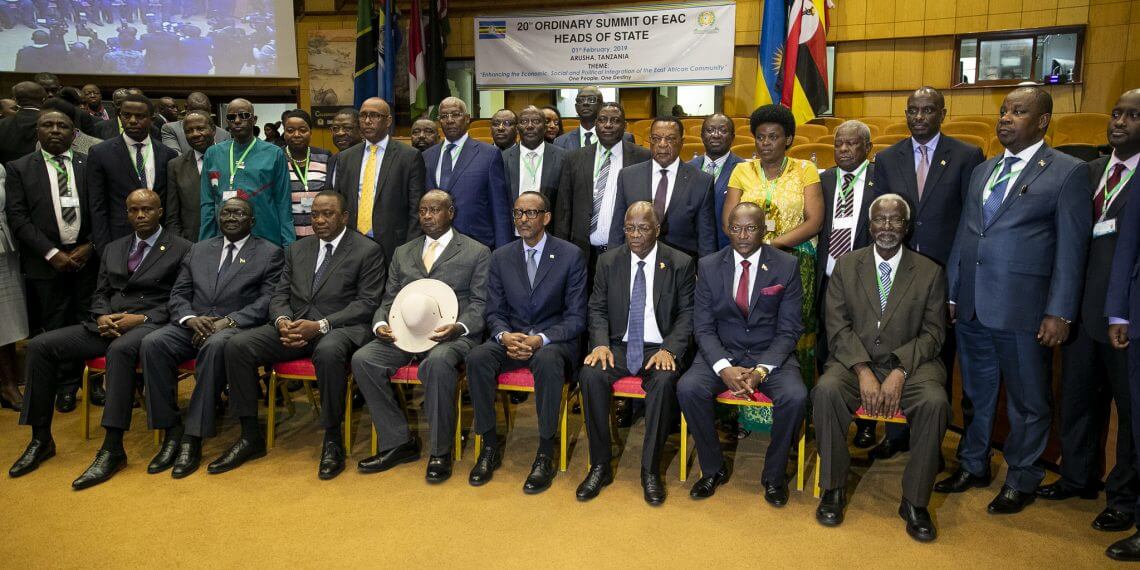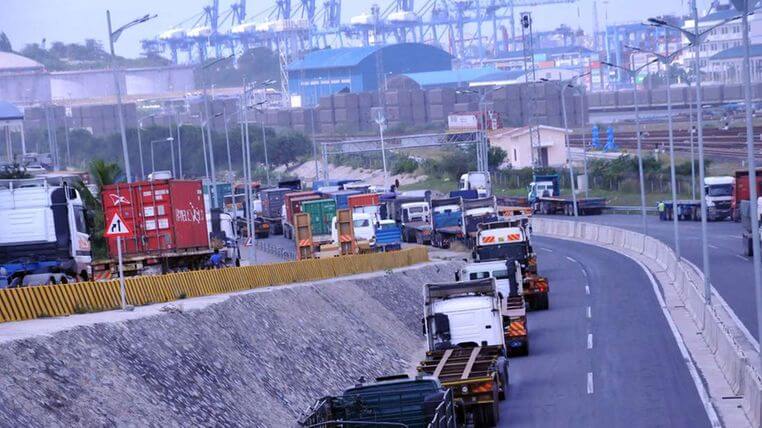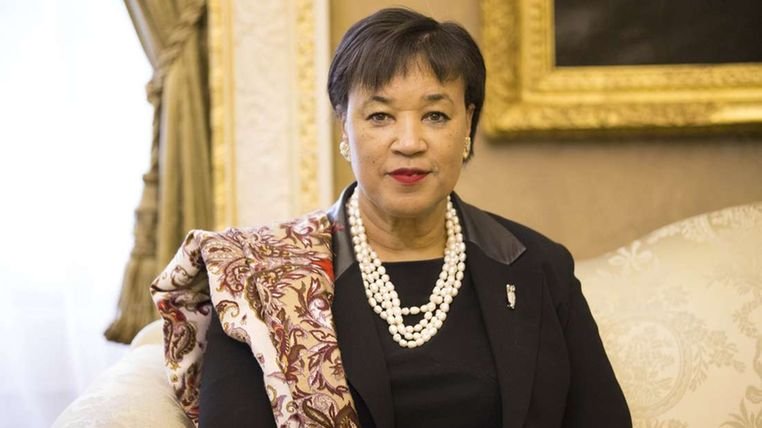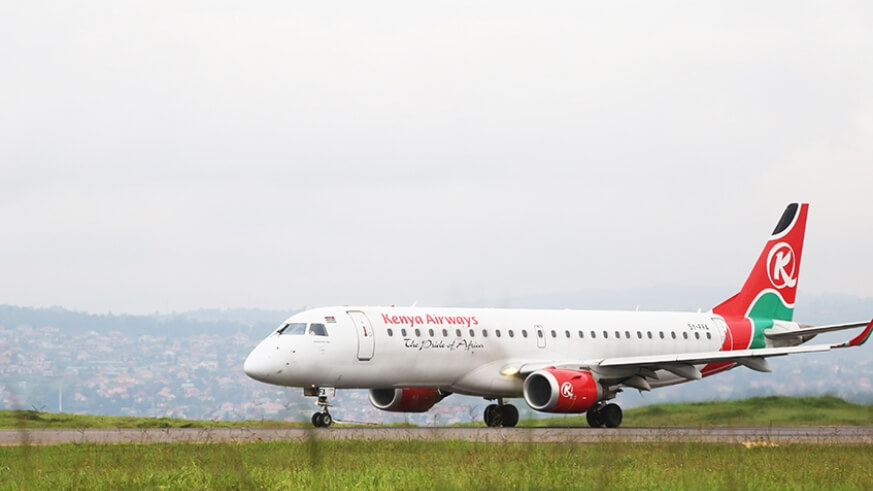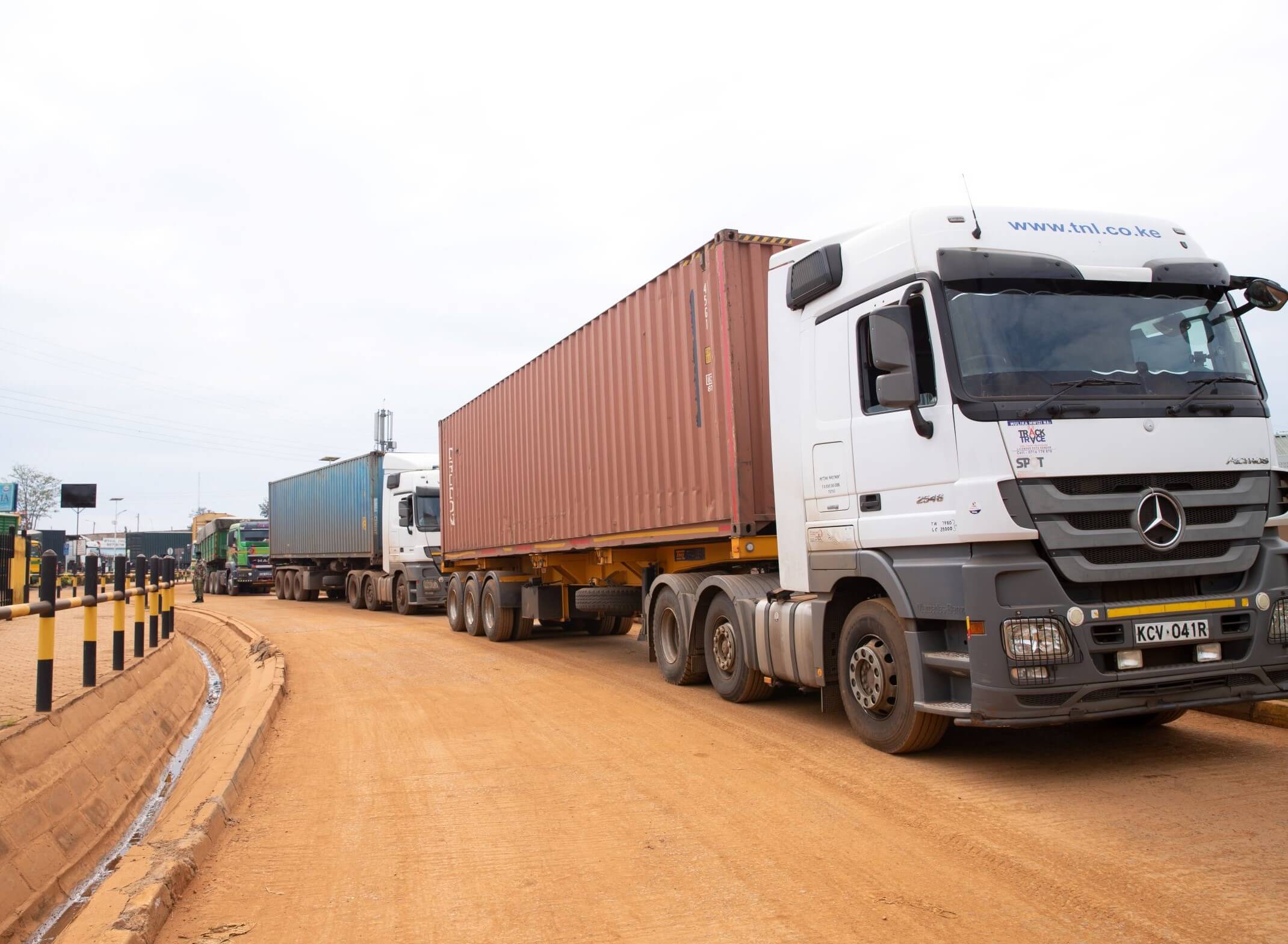Health workers taking a saliva swab for coronavirus testing in Kenya On March 11, 2020, the director general of the World Health Organisation, Dr Tedros Adhanom Ghebreyesus announced that “Covid-19 can be characterized as a pandemic.” He went on to warn that “Pandemic is not a word to use lightly or carelessly. It is a word that, if misused, can cause unreasonable fear or unjustified acceptance that the fight is over, leading to unnecessary suffering and death.” Historically, mankind has faced pestilences from time to time. But according to Ghebreyesus “we have never before seen a pandemic sparked by a coronavirus. This is the first pandemic caused by a coronavirus. And we have never before seen a pandemic that can be controlled, at the same time.” True to his word, for more than four months since the declaration, Covid-19 has literally brought all countries to their knees, including the high and mighty. It is also during this period when we have realised that solidarity amongst nations has never been more pertinent. Covid-19 has put regional integration efforts to test, with some realising belatedly that there is no way this war could ever be won by countries acting singly. It all started in the European Union even before we consider our own East African Community. At the height of the pandemic, around April, countries in Europe, notably Italy and Spain, were experiencing an unprecedented crisis, losing up to 1,000 persons a day. Apparently many countries had chosen to tackle the pandemic unilaterally....
Covid-19: Lessons for EAC integration
Posted on: August 24, 2020
Posted on: August 24, 2020

